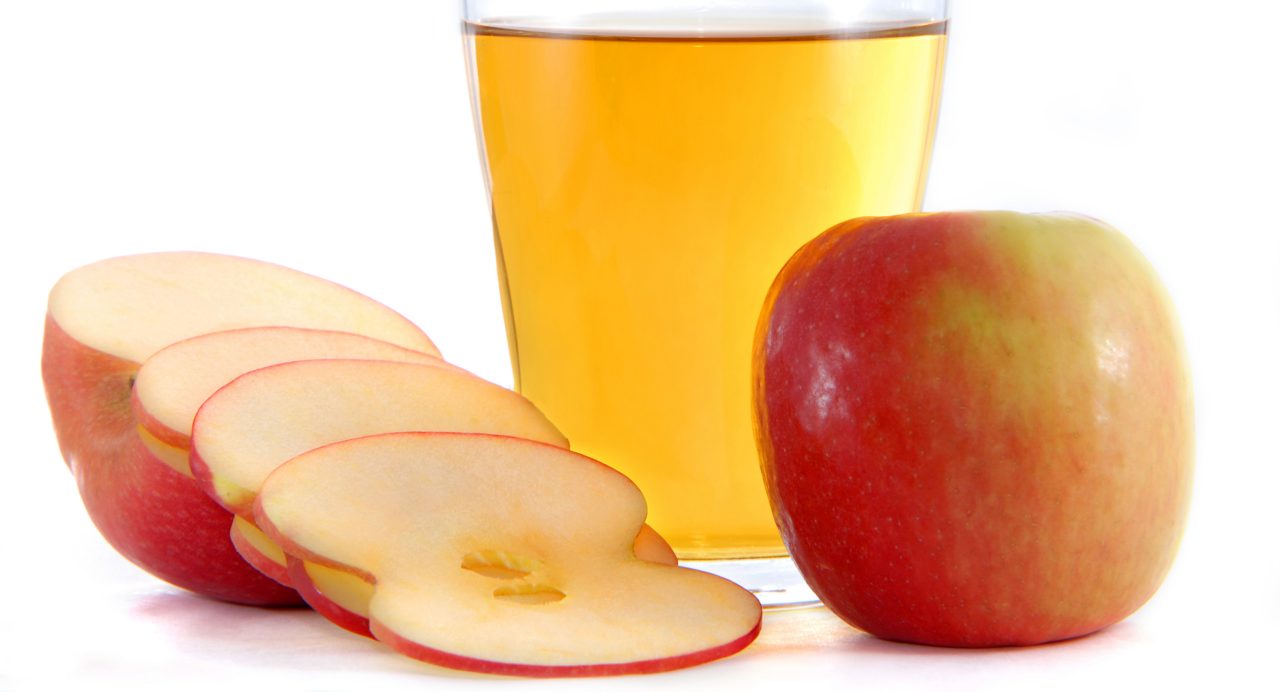What Are the Health Benefits of Apple Cider Vinegar?

One of the health benefits of apple cider vinegar is it can help you manage blood sugar reactions to simple carbs.
Hippocrates, the famous doctor from Greece, used vinegar to treat wounds. Sung Tse, the 10th century creator of forensic medicine, advocated hand washing with sulfur and vinegar to avoid infection during autopsies. Americans have drunk vinegar for stomachaches, and diabetics drank vinegar in water to manage their symptoms.
Vinegar has served medicinal purposes for centuries. Today, you’ll see plenty of online advice to treat digestive problems or boost a weight loss plan by taking apple cider vinegar pills or drinking it. In fact, “ACV” has been touted on wellness blogs as a cure for just about anything.
YOU MIGHT ALSO LIKE: Adding Turmeric to Your Food Could Protect Your Health
Health benefits of apple cider vinegar for weight loss
Although the science is limited, … surprise … there’s actually some support for the weight-loss claims.
Several studies have shown that vinegar near a meal can dampen the rise of blood sugar after you eat a starch. This is because the acid in vinegar inhibits enzymes we use to digest starch, so some of it will end up passing through your body undigested. The effect may be as big as 20 percent, according to research by Carol Johnston, PhD, RD, of Arizona State University. Note that any vinegar will do, not just the kind from apple cider, as long as it contains at least 5 percent acetic acid.
Health benefits of apple cider vinegar for diabetes
Type 2 diabetics may benefit as well as people with prediabetes, but type 1 diabetics need to be careful they don’t push their blood sugar too low.
Johnston has also found that drinking diluted vinegar at bedtime can help keep blood sugar levels down in the morning in some type 2 diabetics. However, she cautions that vinegar may not be a cure: “If they follow a protocol of drinking some vinegar before every meal for a year or more, does that reduce reliance on insulin medications? Reduce the progression of their disease? Those questions haven’t been answered yet,” she says.
Separate work by Swedish researchers supports the antiglycemic power of vinegar: the team fed study participants a breakfast of bread and vinegar and measured their blood sugar response, comparing them to a control group that got just the bread. The people who drank the vinegar had lower blood sugar levels after 15 minutes and again after a half hour, and they also reported feeling more full than the control group.
YOU MIGHT ALSO LIKE: Energy Lows: What Causes Them and How to Avoid Them
Note that their breakfast was bread. If you tend to eat toast on the run and get light-headed and starving before lunch, vinegar is a strategy to slow down that rebound. If you eat a healthy breakfast with a lower “glycemic index,” however, vinegar may not help. For example, a study that examined the impact of vinegar on blood sugar after eating a bagel and orange juice, compared to a meal of chicken and rice, didn’t find a significant effect for the chicken eaters.
Should you crave that bagel, do dilute your vinegar in water, a tablespoon to an 8 oz. cup, and drink it with the first bites of a meal, so it beats the starch to your intestines.
Research on vinegar
Does that mean vinegar can help you lose weight? Maybe. In a 2009 clinical trial of obese Japanese adults, people who consumed a beverage containing one or two tablespoons of apple cider vinegar every day lost two to four pounds after 12 weeks; a comparison group didn’t drink the vinegar and didn’t lose weight.
Evidence with rats suggests vinegar can help keep bad cholesterol levels lower. There’s also some evidence that apple cider vinegar can treat thrush, “denture stomatitis” to doctors, when your mouth has an overgrowth of a fungus called Candida albicans, typically the same fungus at work in a vaginal “yeast” infection. However, despite Hippocrates, don’t use vinegar on cuts or for a sore throat; it will irritate your skin. There’s no science supporting claims that it helps acne or dandruff. Acid can dissolve warts, but not at the concentration you’ll find in a table vinegar.
Vinegar does have a down side. Undiluted, it can hurt your vocal cords and esophagus. You’ll also hear that vinegar will prevent tooth decay. Actually, any acidic substance will wear off the tooth enamel and make you more vulnerable to cavities, not less so.
Updated:
April 09, 2020
Reviewed By:
Janet O’Dell, RN